Robin Khokhar
Robin Khokhar is an SEO specialist who mostly writes on SEO. Thus sharing tips and tricks related to SEO, WordPress, blogging, and digital marketing, and related topics.
Think of life without Google today, you will find it difficult to live. We are addicted to the Google Search engine and...

Image Credits: pexels
Think of life without Google today, you will find it difficult to live. We are addicted to the Google Search engine and the tools that Google provides. Most of the Google Tools are implemented with artificial intelligence. I have been using Google Search engine and many tools for years. Google tools like Gmail, Google Assistant, Google Sheets, and the list of Google Tools keep going.
Google is one platform that keeps surprising its users with its latest technologies. So, as with machine learning tools, Google keeps the market trendy and transforms industries in new ways. From writing content to self-driving cars, google covers them all. Google set the benchmark to create systems that can help enhance human intelligence and make this digital work smarter.
Let’s dive in and explore some of the excellent Google AI tools everyone can use in their daily tasks to enhance their productivity.
The world is changing and Google has always contributed to changing the world. After the arrival of the Chatgpt Google is feeling left behind and Google is indeed way behind Chatpt when it comes to AI. Google Gemini are still not up to ChatGpt even with so many AI products and Tools. For now, Google is losing the race, and focusing on different AI tools and products so that it can win.
Google Geminiis still in the experimental stage and available to only beta users. Whereas Google Gemini does not provide the same or the less features when compared with Chatgpt. I did not want to write about this win and lose thing but it is what is happening. From Google’s perspective, They are trying to make the world a better place where we humans have to make less effort and get more work done.
We may find some common features in Google AI tools and Other AI tools. But it depends on what kind of functionality you are looking for. The use of artificial intelligence tools can vary on the usage, applications, and technology used. Here are the key features that you must look for in an AI tool.
1. Big Data Processing: Big data Processing is big in fact. It helps the Tools to analyze the large datasets for recommendations and accurate prediction. Leading to Powerful computing and perfect algorithms.
2. Natural Language Processing (NLP): The NLP helps the tools to interact with human language through text search, voice, or Google voice search. and help with the analysis and processing of the data.
3. Computer Vision: These tools can specialize in video analysis, images, identifying objects, recognizing patterns, and detecting anomalies.
4. Machine Learning Algorithms: Google’s been making algorithms not just for AI but for other tools for 25 years now. Machine learning helps to analyze and learn from the data provided by the users and make predictions as per the data. And enhance the performance with growing technology.
5. Decision-Making Algorithms: Algorithms like decision trees, reinforcement learning, or neural networks help AI tools in making the right decisions.
6. Integration Tools: These tools can help you integrate with different databases, cloud platforms, IoT Devices, OS systems, and applications. It just needs to have smooth communication and data transfer.
Google AI tools consist of tools for all different industries. Today, we will cover some of them, so let’s get started:
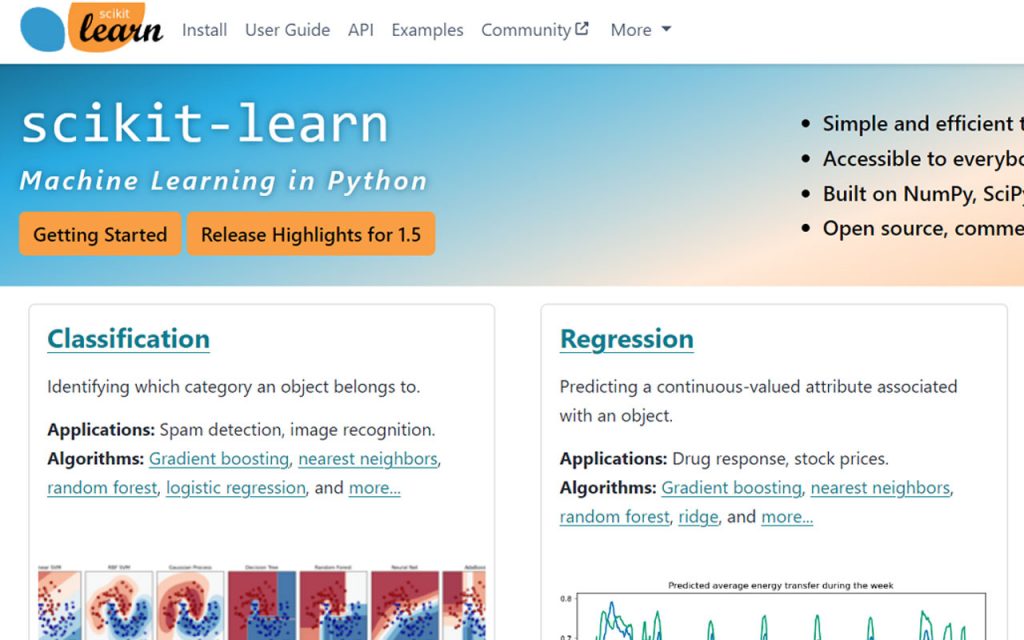
Scikit-Learn is a Python library that offers data analysis and machine learning tools. Its set of features includes regression, classification dimensionality reduction, and clustering. It helps the developers to implement challenging and complex machine learning algorithms. Its extensive documentation and consistent APIs make it popular among beginners.
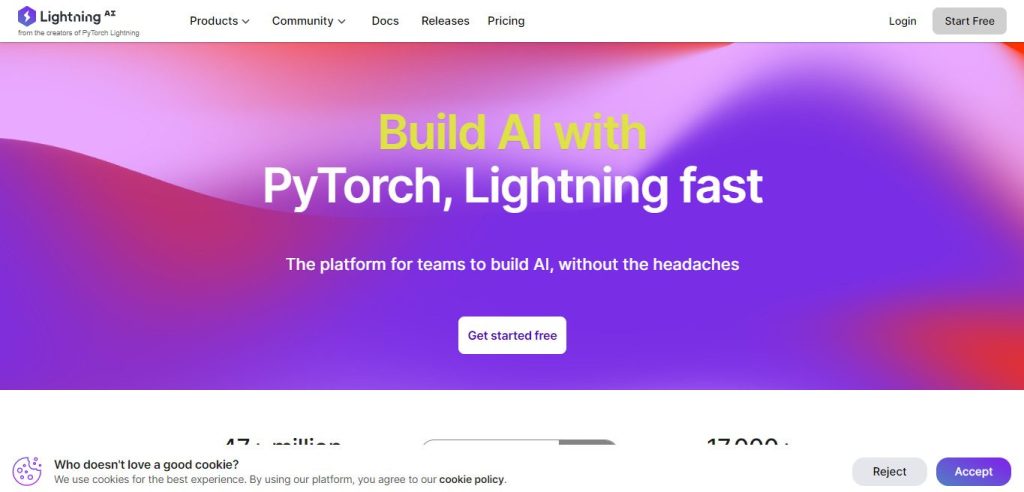
It is an open-source machine learning framework. PyTorch is used for creating computational graphs, making it a versatile research and prototyping platform. Developed by Facebook’s AI Research lab, it provides multiple modules such as deep learning, optimization, linear algebra, and data handling. For efficient computing, developers can switch from CPU to GPU. It provides flexibility and support for native Python, making it popular among developers. Developers keen to implement challenging, custom, and complex deep-learning models should go for it.
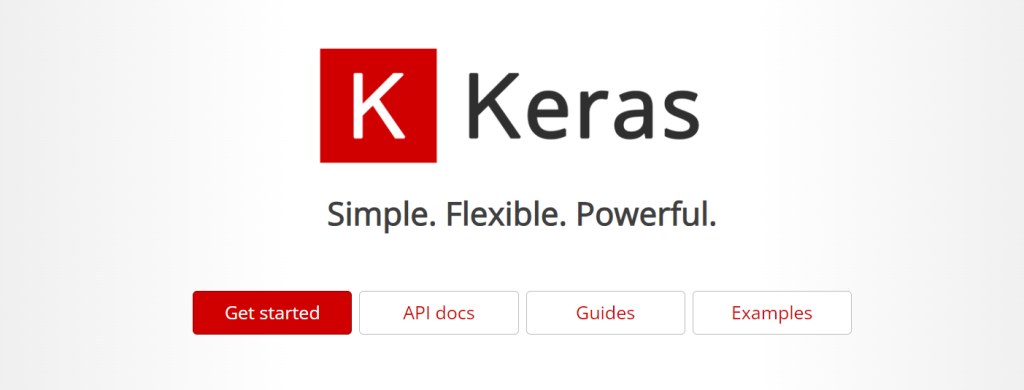
Keras is a Python API that can run Theano, TensorFlow, and other tools. It is a user-friendly tool that helps develop and teach deep learning models. It offers multiple predefined modules, such as optimizers, loss functions, and layers. Moreover, its composability and modularity help the users seamlessly design from easy to complex architectures. Moreover, Keras supports recurrent and convolutional networks that help users design architectures for NLPs, computers, and others.
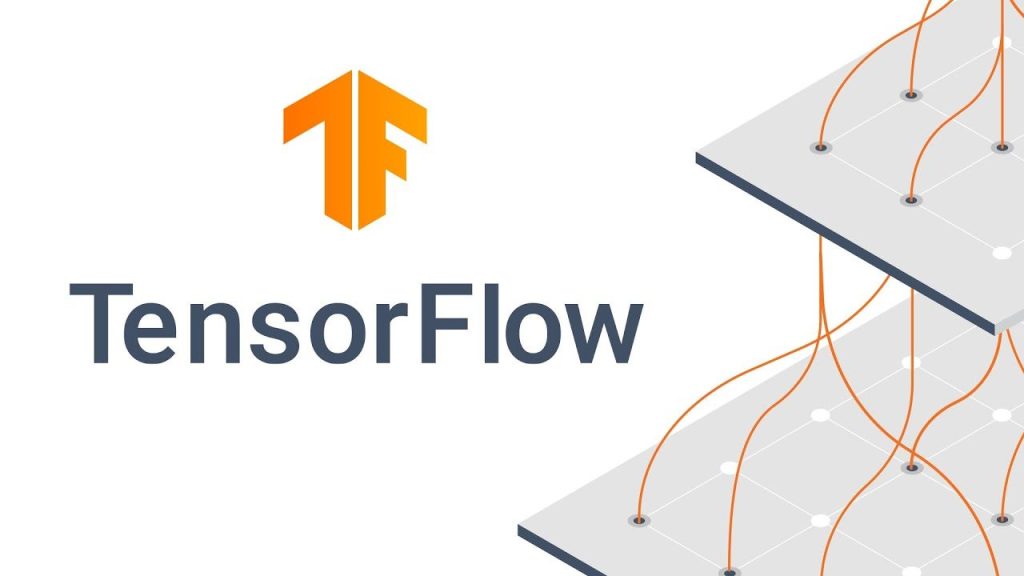
TensorFlow, a powerful open-source library, excels in handling big-scale machine-learning tasks. Crafted by the Google Brain team, it empowers developers to build intricate neural networks and diverse machine-learning models. Offering flexibility to design custom architectures, TensorFlow supports a range of algorithms. It smoothly utilizes both CPUs and GPUs, enabling practical distributed computing. This versatility makes it ideal for deploying models across various platforms, from mobile devices to expansive cloud setups. TensorFlow stands out as a leading Google AI tool.

Google Colaboratory, often called Colab, is akin to an online data science and machine learning playground. Using this cloud-based Jupyter Notebook service, you may interactively work on your projects. The best part? It provides free access to robust resources like TPUs and GPUs, which are ideal for tackling those challenging jobs. Moreover, it integrates seamlessly with GitHub and Google Drive, simplifying collaboration and sharing. Colab can help you with any task related to data visualization, extensive data processing, or deep learning.

Among the best artificial intelligence technologies is Google Assistant. Not only does it understand what you’re asking, but it also follows the instructions quickly. Moreover, it can be used by text and voice commands for Android devices. It uses Google’s vast knowledge base and excellent search capabilities to provide accurate answers. Moreover, It continuously improves and becomes more customized for you due to your interactions.
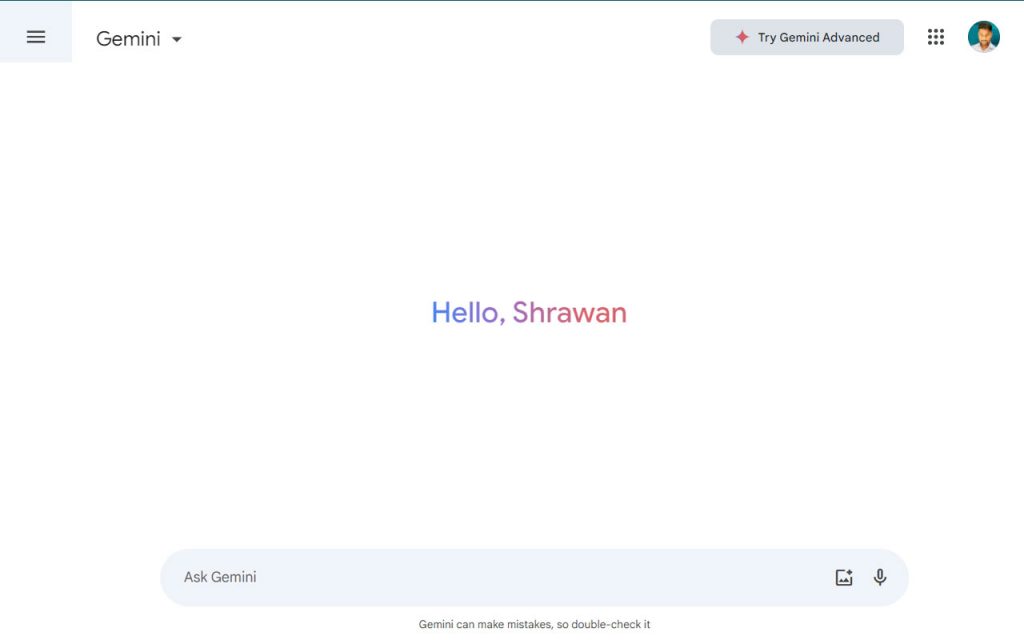
Last but not least is Google’s latest invention, Google Gemini. Google Gemini is a chat-based AI assistant crafted by Google. It’s all powered up with Google’s LaMDA tech, a language model that’s a magician at handling conversations. Gemini has excellent skills—it can write text, give you amazing tips, play translator, and casually tackle your questions. It’s like having a language-savvy assistant whenever you need it.
Google has developed multiple tools for users to make their lives easier. The above are amazing tools that let you learn and evolve with technology. You can use these tools per your requirements and ensure you use the best. If you need more than these tools, then do not worry. We will be back with another set of tools.
Let us know your favourite Google AI tools in the comments section. To know about more AI tools for different industries, such as automation, SEO, content writing, etc. Keep following Tricky Enough.